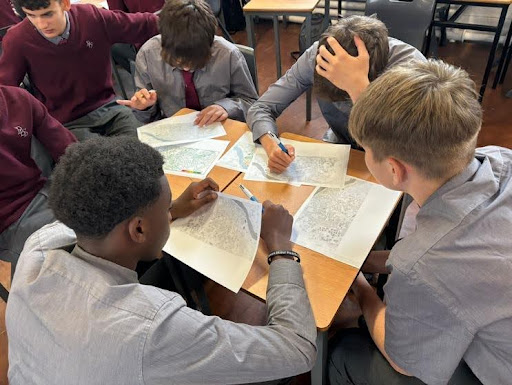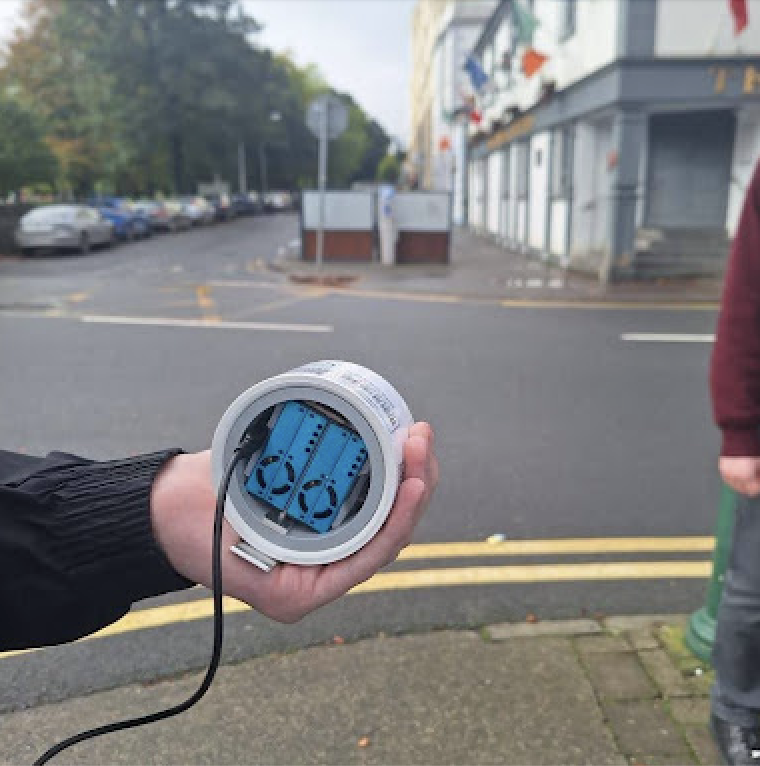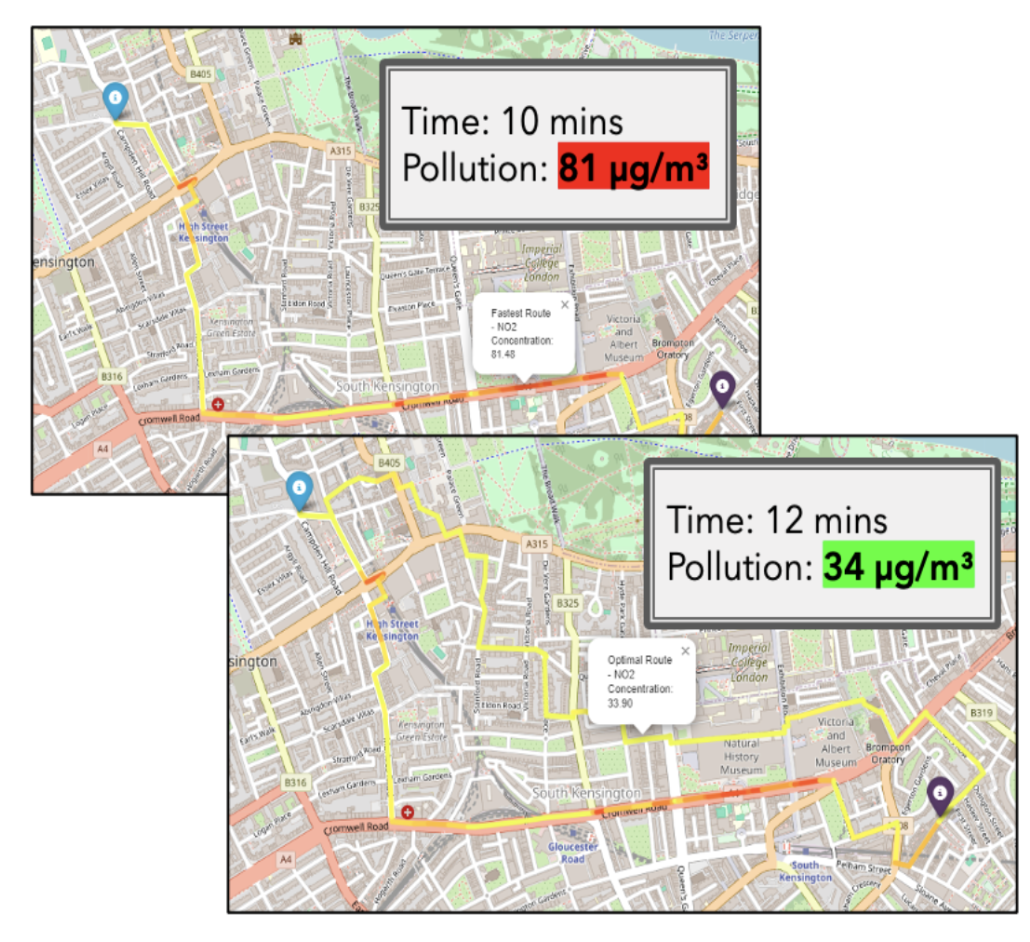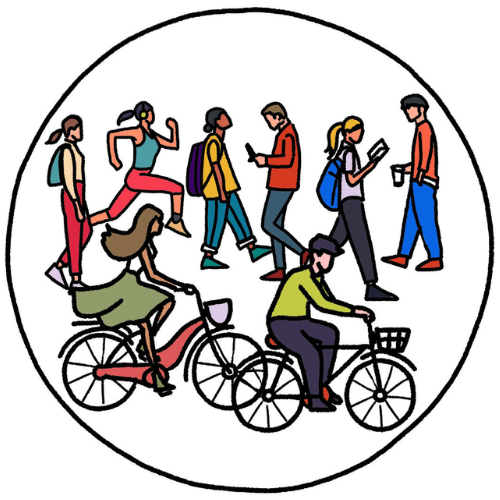Project Description:
Scoil-Aer, a citizen science initiative in Waterford, Ireland, directly addresses air quality concerns by empowering transition year students as environmental stewards. This innovative project engages students in co-designing clean air walking, wheeling, and cycling routes around their schools. Working alongside researchers, students actively participate in mapping potential routes and then validate their effectiveness using low-cost PM2.5 monitors.
This hands-on approach enhances their understanding of air pollution and equips them with the tools and knowledge to advocate for healthier and more sustainable transportation options in their community. By contributing to improved air quality and promoting active travel, Scoil-Aer fosters a sense of ownership and empowers young people to take action for a cleaner, healthier future. This initiative directly aligns with the IMPETUS challenge for innovative community engagement in environmental monitoring and action, showcasing the potential of citizen science to drive positive change.
Project Type: Kick Starting Grant
Theme: Justice and Equity, Health
Mentor:Carolina Dopico González
ScoilAer: Creating Clean Air Routes to School in Waterford
Dr Ruaraidh Dobson, Programme Manager (Air Quality and Net Zero)
Active travel—walking, cycling, or wheeling—improves health while reducing air pollution and carbon emissions. This is why it’s a high priority for Ireland and governments worldwide. However, walking along a polluted road can be unpleasant and even harmful due to exposure to unnecessary pollutants.
Trilateral’s STRIAD:AIR product uses real-time or historical data to model air pollution across urban areas, helping create walking routes that avoid the most polluted areas. But beyond air quality, what makes a place enjoyable to walk, wheel, or cycle? While we can measure air quality, capturing the “human factor” is much harder to model.

This challenge inspired us to launch the ScoilAer project in collaboration with IMPETUS. As a Waterford-based company, we’re passionate about improving the city for everyone, particularly its younger residents. To achieve this, we sought their input. We engaged young people from two schools in Waterford, asking for their opinions on walking to school—what they find pleasant, what they find unpleasant, and what could make the experience better.

We’ve conducted four workshops in the city and uncovered some intriguing insights. For one, most students are driven to school by a parent or guardian. This contributes to unnecessary traffic congestion on Waterford’s already busy roads and elevates air pollution levels, particularly along areas like the picturesque but congested quayside.
We also learned that many young people are concerned about safety when walking to school. For instance, during winter, when it gets dark before they leave school, places that feel safe and inviting in summer—like parks—can feel intimidating. Some students identified specific areas where they felt unsafe, citing personal concerns or the speed and volume of traffic on certain roads. Narrow pavements, in particular, can feel especially precarious when walking alongside fast-moving vehicles.
Using this feedback, we integrated the students’ data into our existing air pollution models. This allowed us to map a range of walking routes from various parts of Waterford to schools in the city centre.

However, we’re not stopping there. A central goal of this project is to empower Waterford’s young people to act as citizen scientists—collecting and analysing data themselves. To that end, we provided students with mobile air quality monitoring devices, enabling them to measure pollution levels on both busy and quiet streets. In early October, I joined them for a monitoring session and was genuinely impressed by their dedication and enthusiasm.
Next, we’ll integrate this data into the maps and share the results with both the participating students and the wider school communities. How we communicate these findings is up to the young people involved. They understand the best ways to reach their peers, so during Irish Science Week, they’ll present the maps, gather feedback, and raise awareness about the importance of active travel.
Our hope is that these efforts will encourage healthier, more environmentally conscious habits and contribute to making Waterford a better place for everyone.



